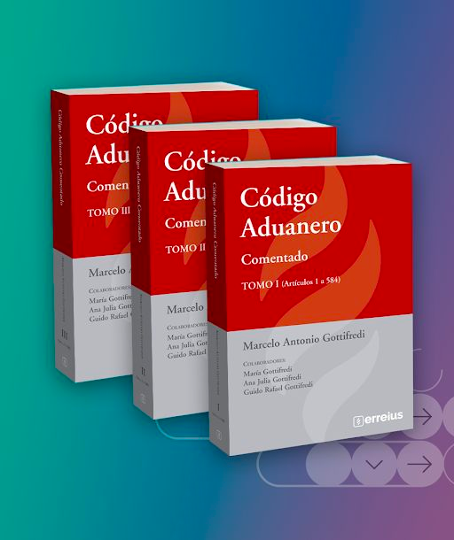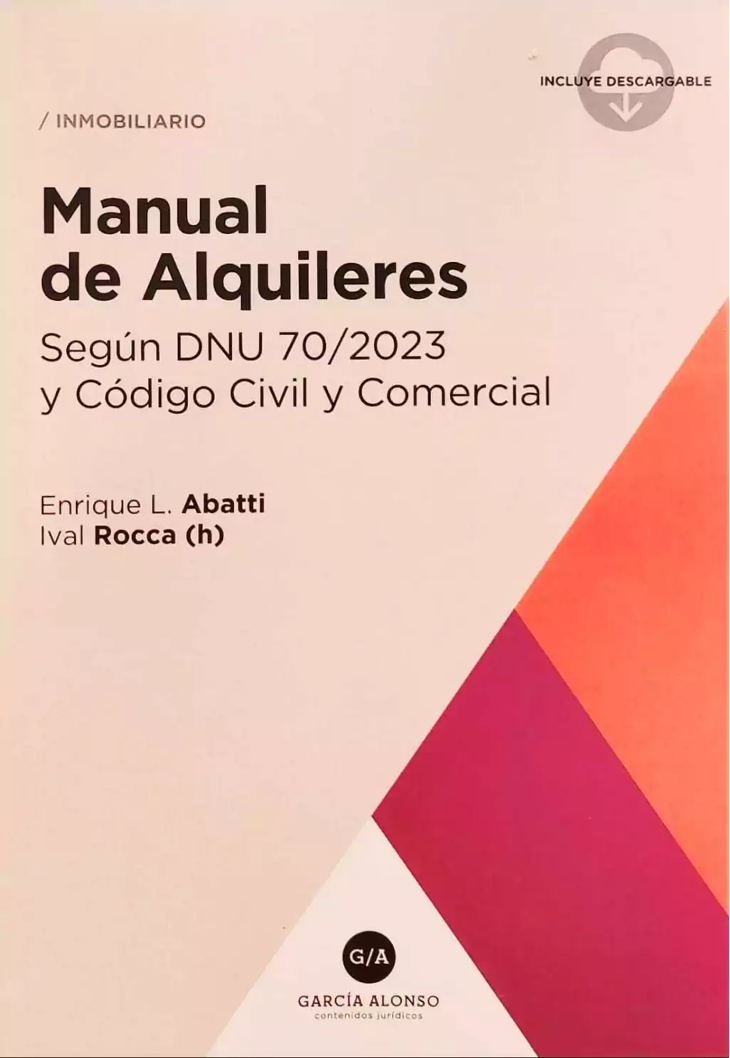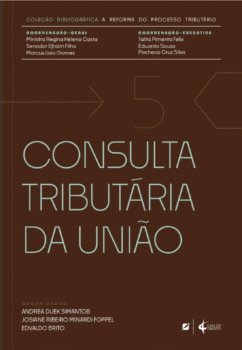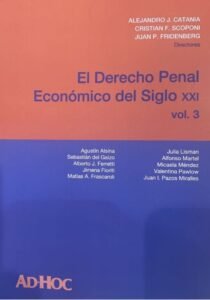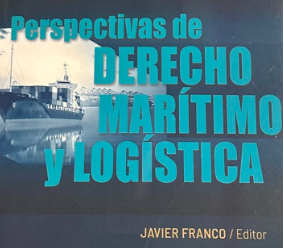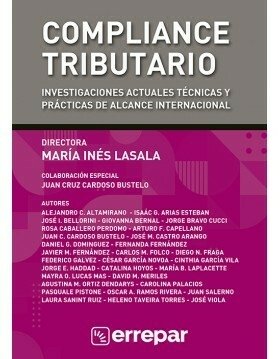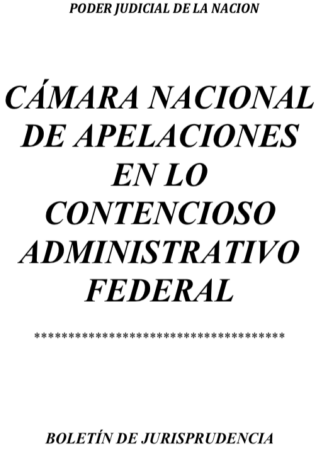OCDE y OMC publican estudio conjunto sobre beneficios económicos del nuevo acuerdo sobre reglamentación nacional en la esfera de los servicios
La Organización de Cooperación y Desarrollo Económicos (OCDE) y la OMC publicaron hoy (26 de noviembre) un informe sobre políticas comerciales en el que se pusieron de relieve los beneficios económicos que se derivarían de un nuevo acuerdo sobre la reglamentación nacional en la esfera de los servicios que estaba ultimando un grupo de 67 Miembros de la OMC. En el estudio se concluye que la reducción de los trámites burocráticos y el aumento de la transparencia podrían generar, a nivel mundial, un ahorro anual de costos en el comercio de servicios de hasta USD 150.000 millones, con beneficios especialmente importantes en el ámbito de los servicios financieros, empresariales, de comunicaciones y de transporte.
Entitled «Services domestic regulation in the WTO: Cutting red tape, slashing trade costs, and facilitating services trade», the study looks at how improved regulatory systems for licensing and authorizing services suppliers would lead to savings. The 67 WTO members(1) taking part in this initiative represent 90 per cent of world services trade. They are aiming for a successful outcome to be announced at the 12th Ministerial Conference (MC12), which begins on 30 November. The final deal will be applied on a “most-favoured nation” basis, meaning that it will benefit all WTO members.
The study finds that implementing the outcome will:
- improve the business climate: by enhancing the transparency, efficiency and predictability of regulatory frameworks, the new disciplines will address the practical challenges that affect the ability of businesses and suppliers to operate in foreign markets.
- lower trade costs and lead to other trade benefits: annual savings could amount to USD 150 billion globally, with important gains for financial, business, communications and transport services. Moreover, the implementation of the new disciplines would increase the value of services trade and lead to enhanced participation in global value chains.
- facilitate services trade: while an increasing number of «new generation» ambitious trade agreements are being concluded, economies at all levels are also implementing reforms on services trade. Implementing the outcome of the negotiations would ensure that domestic regulatory arrangements can open trade opportunities for services providers, particularly for small businesses.
- generate widespread gains beyond the participants: exporters from all WTO members will benefit from the improved regulatory conditions when they trade with participants in this joint initiative.
See the full brief here .
A factsheet on the negotiations can be found here.
Notes:
- Albania; Argentina; Australia; Austria; Bahrain, Kingdom of; Belgium; Brazil; Bulgaria; Canada; Chile; China; Colombia; Costa Rica; Croatia; Cyprus; Czech Republic; Denmark; El Salvador; Estonia; Finland; France; Germany; Greece; Hong Kong, China; Hungary; Iceland; Ireland; Israel; Italy; Japan; Kazakhstan; Korea, Republic of; Latvia; Liechtenstein; Lithuania; Luxembourg; Malta; Mauritius; Mexico; Moldova, Republic of; Montenegro; Netherlands; New Zealand; Nigeria; North Macedonia; Norway; Paraguay; Peru; Philippines; Poland; Portugal; Romania; Russian Federation; Saudi Arabia, Kingdom of; Singapore; Slovak Republic; Slovenia; Spain; Sweden; Switzerland; Separate Customs Territory of Taiwan, Penghu, Kinmen and Matsu; Thailand; Turkey; Ukraine; United Kingdom; United States; Uruguay.
Fuente: OMC








